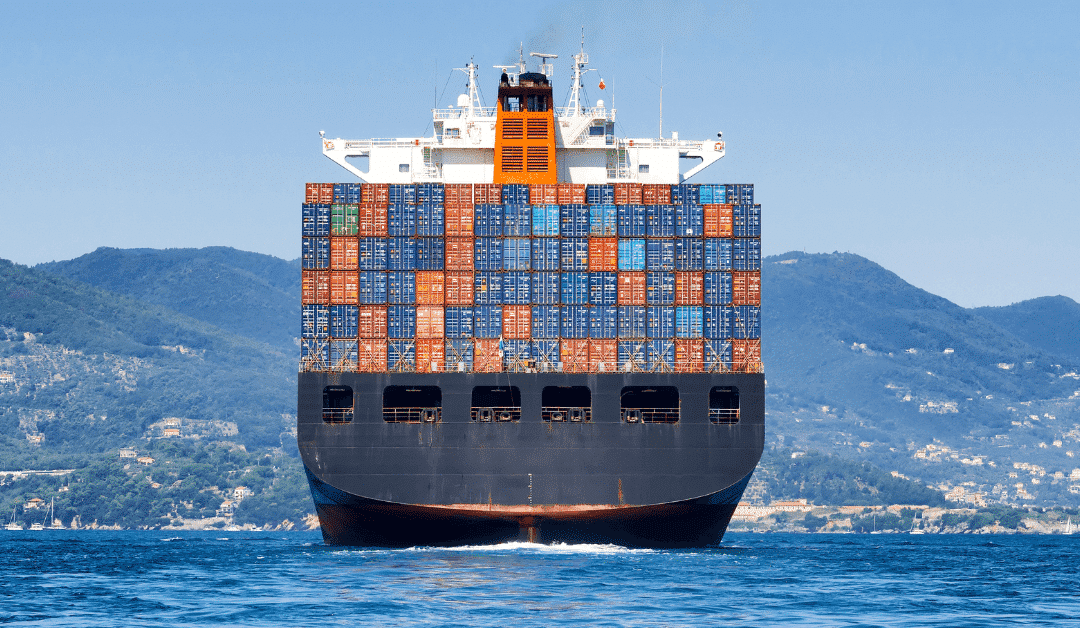The Baltic Exchange’s dry bulk sea freight index (.BADI) fell for the second straight session on Thursday, weighed down by weaker demand for capesize vessels.
The overall index, which factors in rates for capesize, panamax and supramax shipping vessels carrying dry bulk commodities, was down 34 points, or about 1.8%, at 1,837.
The capesize index (.BACI) lost 98 points, or about 4.4%, to 2,111.
Average daily earnings for capesizes (.BATCA), which typically transport 150,000-tonne cargoes such as coal and steel-making ingredient iron ore used in construction, were down $817 at $17,505.
Iron ore’s losses deepened on Thursday, with the benchmark price in Singapore hitting a fresh 2022 low, hammered by a gloomy outlook for global steel demand and supply-side pressures.
“Bad weather in China has limited the new tonnage, hence freight at status quo,” shipbroker Fearnleys said on its website, referring to the capesize segment.
“South Atlantic is sliding on slow activity while north is holding, and we do see more cargoes in the segment; however, it is expected to be short lived.”
The panamax index (.BPNI) lost 3 points, or about 0.1%, to 2,161, breaking a three-day winning streak.
Average daily earnings for panamaxes (.BPWT), which usually carry coal or grain cargoes of about 60,000 to 70,000 tonnes, dropped $27 to $19,448.
“In the coming months, panamax and supramax ships should continue to see demand from China for Russian coal,” said Filipe Gouveia, shipping analyst at BIMCO in a weekly note.
The supramax index (.BSIS) lost 2 points to 1,676.
Source: Hellenic Shipping News






